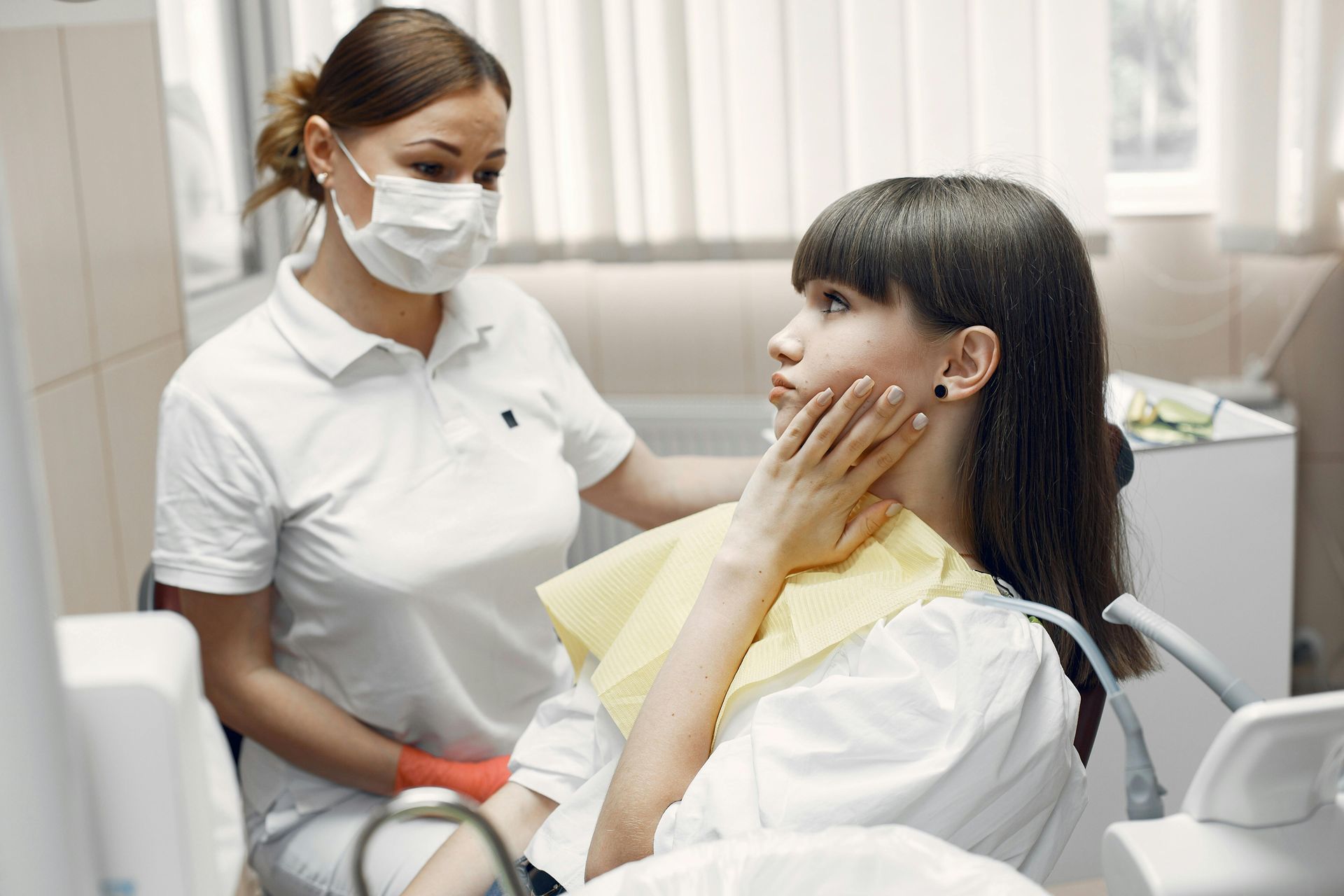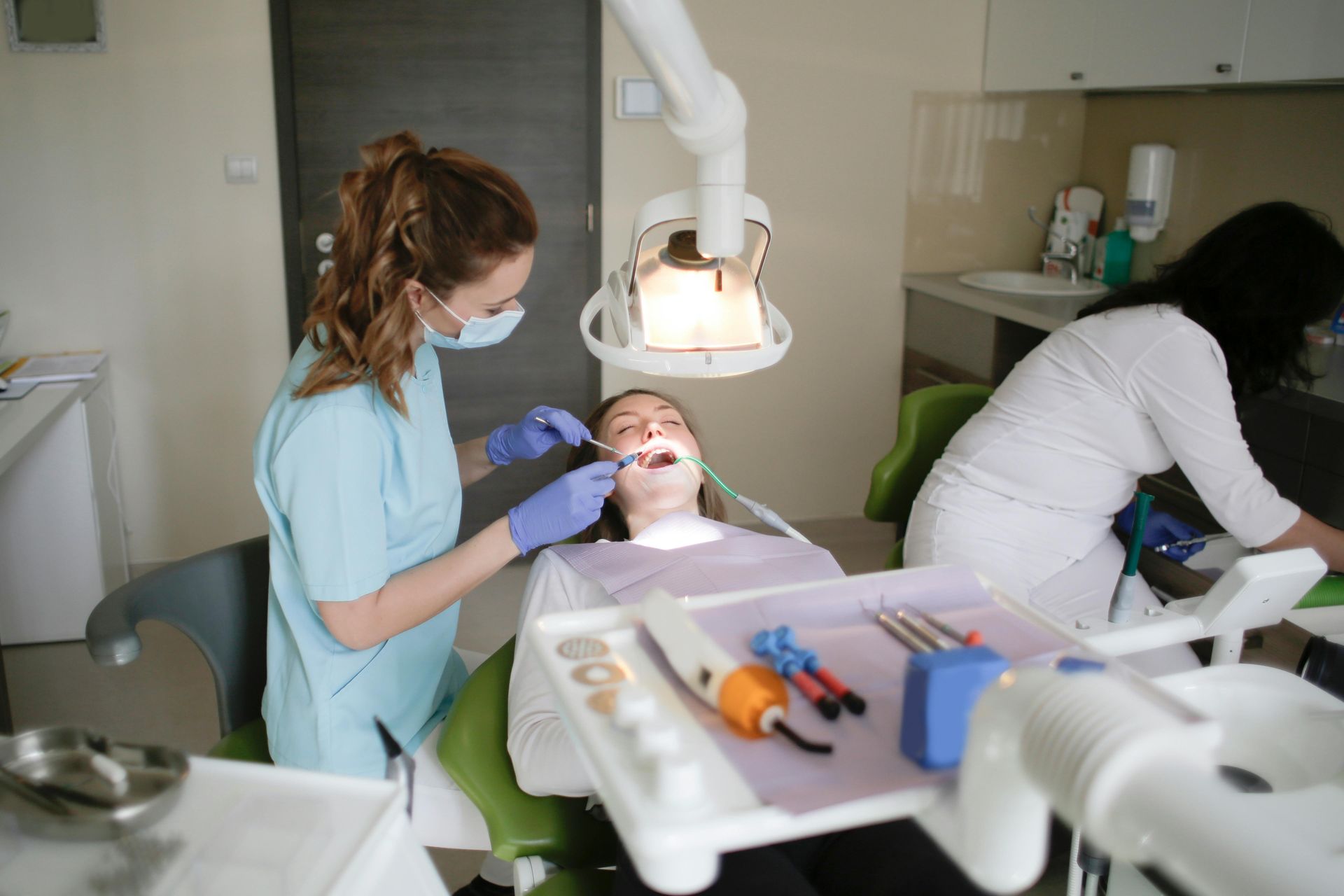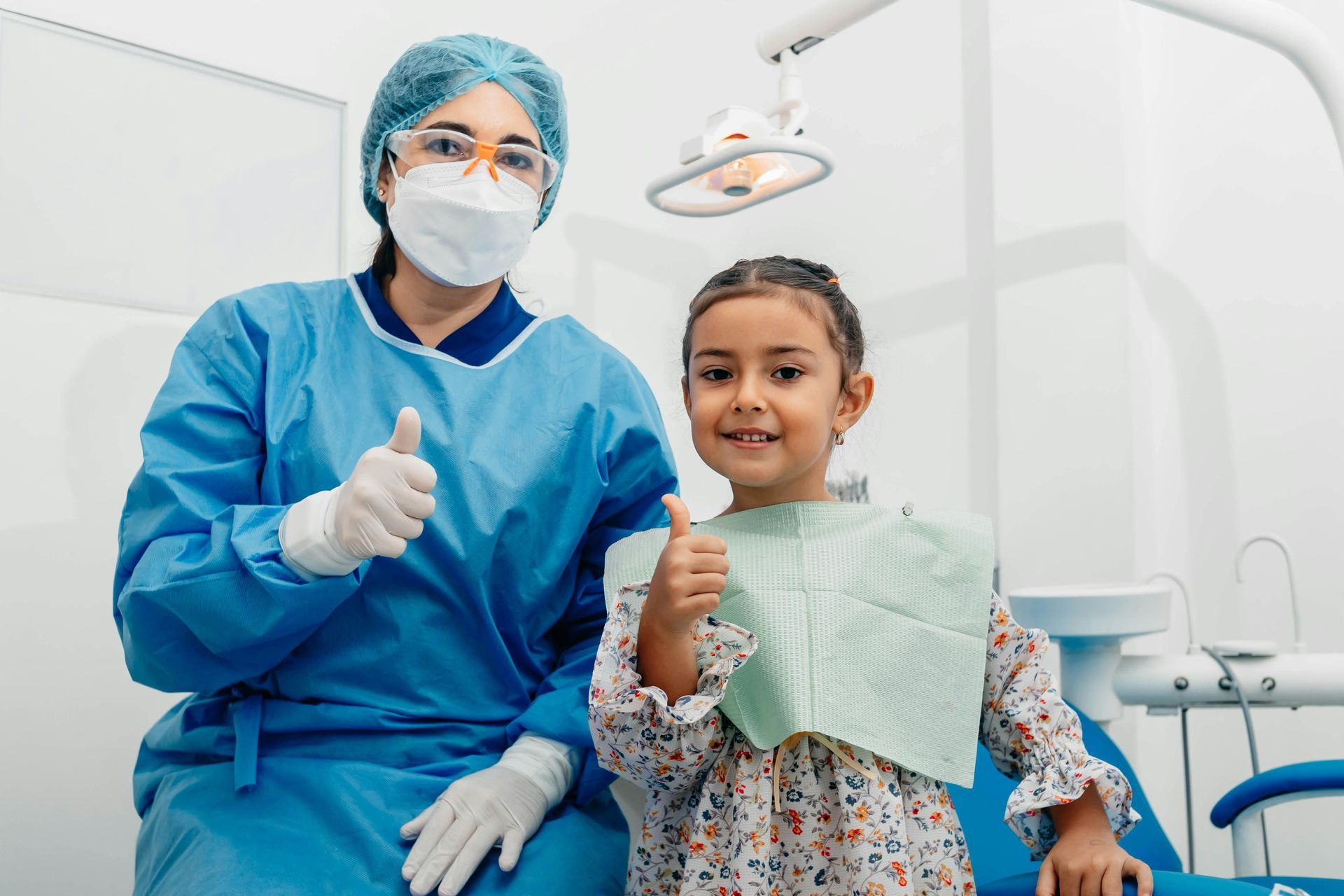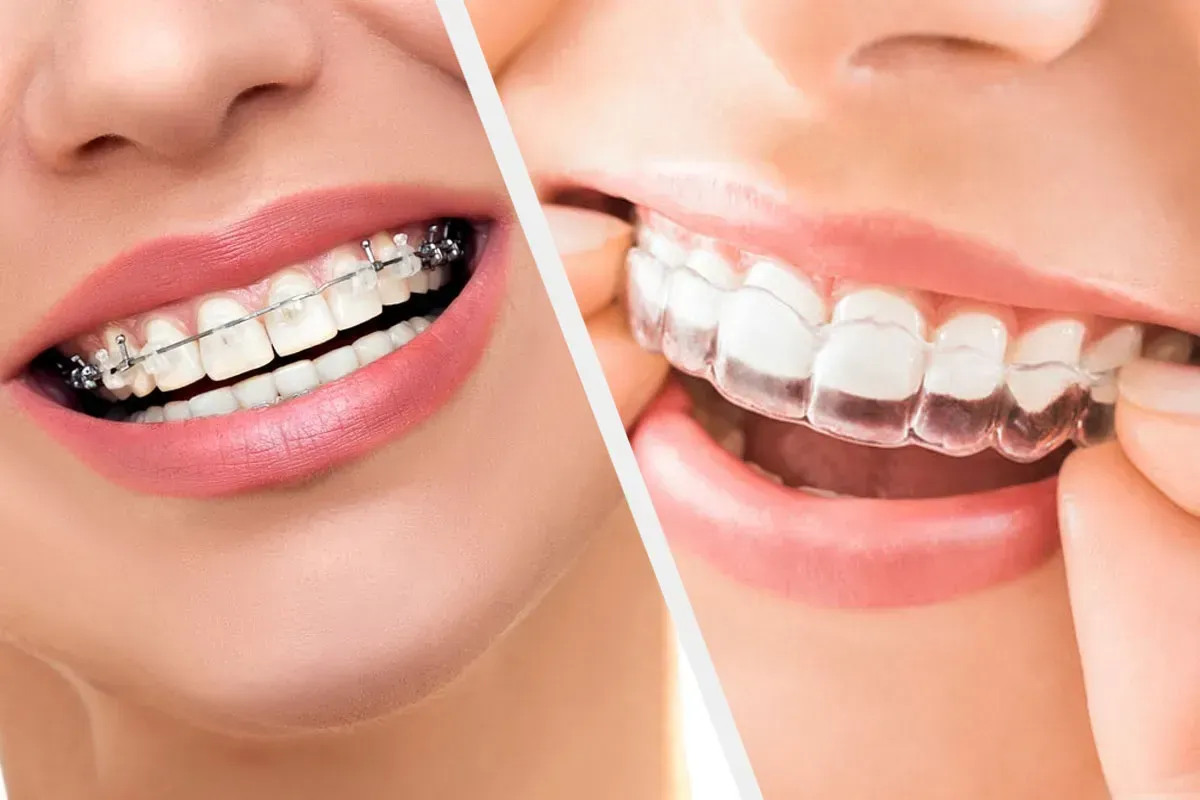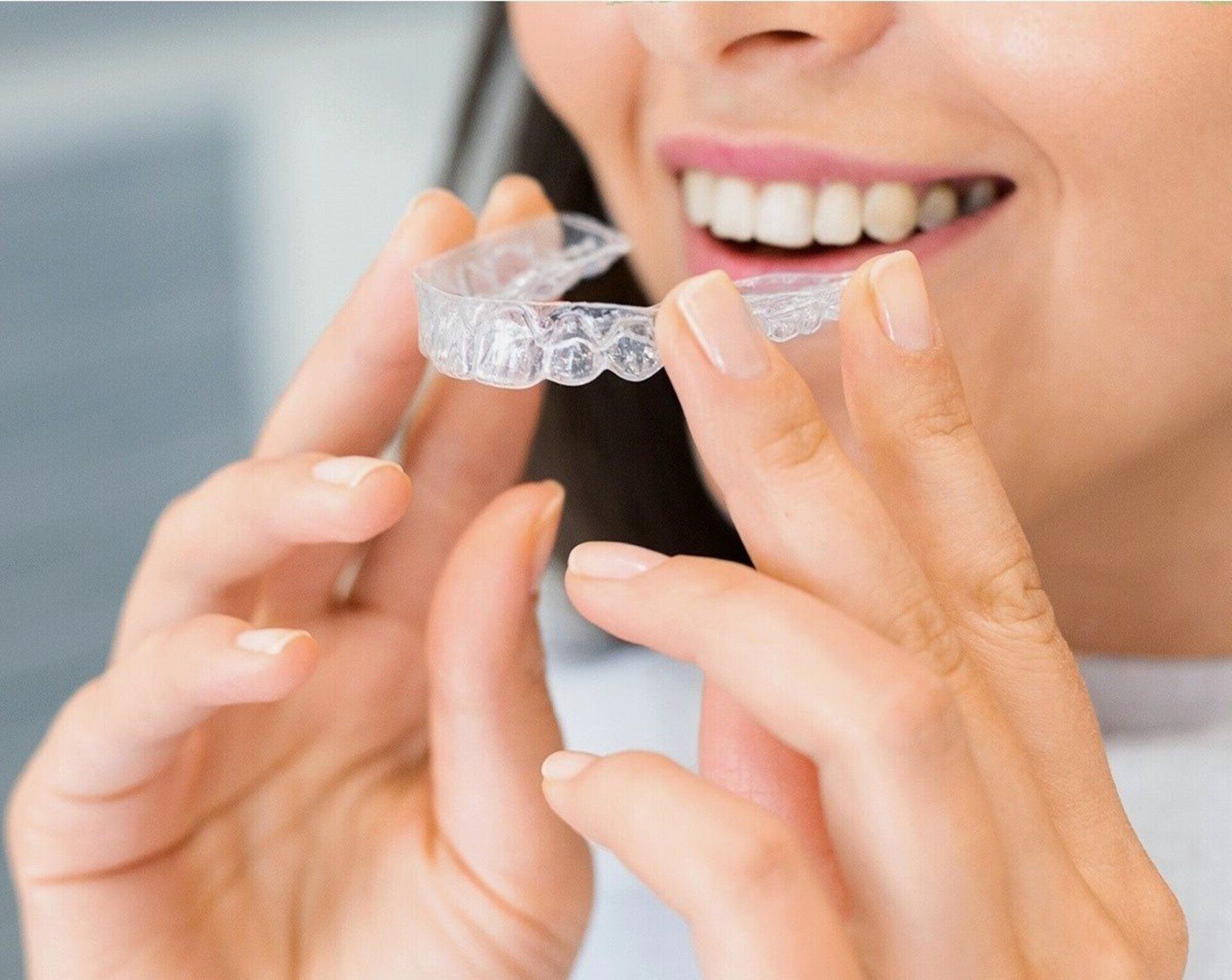Why dental care is important during pregnancy
Understanding the connection between dental health and pregnancy
Maintaining good dental care is an important, yet often overlooked, aspect of a healthy pregnancy. Emerging research suggests a strong link between oral health and pregnancy outcomes, with implications that go beyond the mouth alone. For pregnant women, safeguarding dental health plays a critical role not just in their own well-being but also in the health of their unborn child. Periodontal diseases, for example, have been associated with adverse pregnancy outcomes, making dental treatments and routine dental cleanings an essential component of prenatal care.
Poor dental health during pregnancy can lead to an increased risk of tooth decay, partly due to changes in dietary habits, such as increased consumption of sugary foods, and potential neglect of regular dental care routines. The consequences of deteriorating dental health can be significant, encompassing tooth loss and the development of dental caries, affecting a mother's quality of life and potentially leading to systemic health issues that may impact the fetus. Pregnant women must understand the importance of maintaining their dental health and seek advice from their healthcare providers about how to best care for their teeth and gums during this critical period.
The impact of hormonal changes on oral health during pregnancy
Pregnancy brings about a cascade of hormonal changes that can directly affect a woman's oral health. The increased levels of hormones such as estrogen and progesterone can enhance the blood flow to the gums, potentially leading to sensitivity, swelling, and a condition known as pregnancy gingivitis. The symptoms of this condition include red, inflamed, and bleeding gums during brushing or flossing - an inflammatory response that should not be ignored as it could escalate into more serious periodontal diseases if left untreated.
Furthermore, some pregnant women may experience pyogenic granuloma, commonly referred to as "pregnancy tumors," which are benign inflammatory lesions that typically form along the gum line. While they can be alarming in appearance, these growths are generally harmless and often resolve after childbirth. However, keeping the gums clean and maintaining routine dental check-ups can minimize discomfort and prevent potential complications.
Common dental problems experienced during pregnancy
During pregnancy, women may encounter a range of dental problems that can affect their comfort and health. One of the most prevalent issues is pregnancy gingivitis, mentioned earlier, which can affect a significant number of pregnant women. Moreover, the risk of tooth decay increases for several reasons, including possible changes in eating habits with a higher intake of carbohydrates and sugary snacks, alongside morning sickness which can increase the amount of acid in the mouth, eroding tooth enamel.
Another issue that should be taken seriously is the potential for loose teeth. Although rare, the heightened levels of hormones can loosen the periodontal ligaments that hold the teeth in place. Additionally, dental caries or cavities can develop due to changes in saliva production and dietary habits. It is imperative for expecting mothers to rinse their mouth with water after experiencing morning sickness to neutralize harmful acids, to limit sugary snacks, and to maintain a thorough oral hygiene routine.
For a healthy pregnancy and to reduce the risk of poor pregnancy outcomes, women should be vigilant in their oral care and consult their dentist for safe dental treatments and appropriate dental cleanings. By addressing dental issues promptly and adequately during pregnancy, mothers-to-be can help ensure their own dental health and contribute to the overall well-being of their baby.
Increased risk of pregnancy gingivitis and pyogenic granuloma
Due to a surge in hormones, particularly estrogen and progesterone, pregnant women are at a higher risk of developing pregnancy gingivitis—red, swollen gums that bleed easily—typically starting in the second month and reaching a peak in the eighth month. If neglected, gingivitis can evolve into a more serious form of gum disease known as periodontitis, putting at risk the health of both mother and child.
In addition, these hormonal shifts can initiate the formation of pyogenic granulomas or "pregnancy tumors." These are non-cancerous growths that appear along the gum line and between teeth, which may bleed easily and become a nuisance during eating and oral care. While they often resolve postpartum, maintaining good oral hygiene and seeking professional dental advice can reduce discomfort and the chance of infection.
The importance of regular dental cleanings during pregnancy
Dental cleanings are a key component of oral health care and become even more vital during pregnancy. Hormonal changes can lead to an increased risk of periodontal diseases and pregnancy gingivitis. Regular dental cleanings help manage plaque and reduce the risk of these conditions, which are linked to adverse pregnancy outcomes like preterm birth and low birth weight.
Moreover, professional cleanings can reach areas that are difficult to clean at home and can help mitigate the effects of morning sickness, which may lead to increased acidity in the mouth and, consequently, enamel erosion. Dental hygienists can also offer personalized advice on how to maintain oral hygiene during pregnancy, adapting routines to manage sensitivity or bleeding gums.
In summary, maintaining a schedule of regular dental cleanings during pregnancy is essential for managing the unique oral health challenges that come with it and for safeguarding both the mother's oral health and the baby's overall well-being.
Recommended dental treatments during pregnancy
During pregnancy, certain dental treatments are not only safe but also recommended. These treatments are aimed at preventing oral diseases and managing any conditions that may arise:
- Dental cleanings: As part of routine care, dental cleanings are endorsed to control plaque and prevent gingivitis.
- Fillings and crowns: To reduce the chance of infection, it's important to address tooth decay or damaged teeth. Procedures can be safely done in the second trimester.
- Gum disease treatment: Addressing pregnancy gingivitis or more serious periodontal issues can prevent further complications.
- Root canals: In the case of severe decay and tooth pain, root canal treatment is permissible to eliminate infection and preserve the tooth.
Preventative dental work is beneficial and should be undertaken to avoid more significant issues later. It's important to discuss any treatment with a dentist who is aware of and sensitive to the needs of pregnant women.
Addressing dental emergencies during pregnancy
Dental emergencies during pregnancy, such as an abscess or severe infection, require immediate attention. Neglecting urgent dental issues can lead to more serious health risks for both the mother and the baby. While most elective and cosmetic dental procedures can typically wait until after the baby's birth, emergency dental treatments can be performed at any time during pregnancy. However, it's best for significant procedures to be performed during the second trimester.
In case of an emergency, your dentist will work with you to determine the safest course of action, which might include x-rays, which are considered safe during pregnancy when proper shielding is used, or the administration of certain anesthetics that are low-risk for pregnant women.
When visiting the dentist during pregnancy, always consult your obstetrician beforehand if you have specific health issues or concerns. Additionally, always speak up about your pregnancy status so that your dental team can provide you with the best and safest care for you and your baby.
The importance of postpartum dental check-ups
Returning to the dentist for a postpartum check-up is crucial for several reasons. Firstly, it allows your dentist to assess the health of your gums and teeth after the birth of your child. This is significant because pregnancy can often exacerbate or lead to the development of oral issues such as gingivitis, periodontal disease, and tooth decay. In fact, the risk of tooth loss can increase if dental care is neglected postpartum.
Secondly, a check-up provides the opportunity to assess the impact of any adjustments made to oral hygiene practices during pregnancy. For example, some women switch to a milder toothpaste if they experience morning sickness. The dentist can advise on when and how to revert to standard oral care products.
Lastly, a dental check-up is a moment for self-care for new mothers—a time to focus on their own health and well-being. A confident smile can have positive psychological effects, which is beneficial for mothers adapting to the demands of parenthood.
In conclusion, dental care is vital during pregnancy because it not only ensures the woman's oral health but also plays a crucial role in the overall health and well-being of both the mother and the baby. By practicing good oral hygiene, seeking regular dental check-ups, and addressing any dental issues promptly, pregnant women can reduce the risk of complications, maintain a healthy pregnancy, and welcome their little one into the world with a beautiful smile. So, make dental care a priority during pregnancy and enjoy a healthy and happy journey to motherhood.
At Wexford Dental we offer only what you need dentistry in Scarborough. If you are experiencing any symptoms or pain please feel free to give us a call at 416-222-82-96 and someone from our team will be happy to answer any questions and schedule you in for an appointment ASAP.
